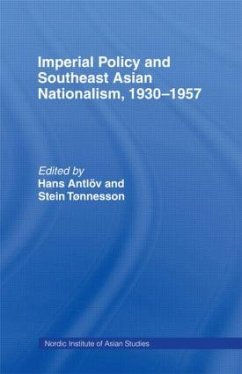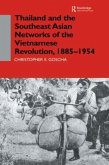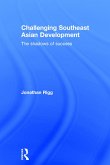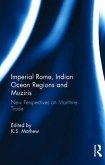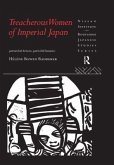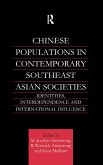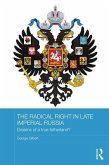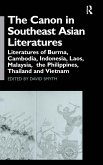The period 1930-50 in Southeast Asia was a tumultuous period. Above all it was marked by the decline and demise of imperial power. Traditionally, this process has been viewed as a dichotomy, of European versus Asian or imperialist versus nationalist. What these papers present, however, is another perspective: one that advocates a triangular approach to the construction of nationality in Southeast Asia. One such triangle which is examined is the power relationship between colonial authorities, traditional rulers and nationalist leaders and their quite different views of the general population: natives, subjects and "the people" respectively. This is a collection that challenges established wisdom about mid-20th-century imperial policies and nationalism in a region where it thrives. By its nature, this book should be of interest to historians, political scientists and anthropologists alike.
Traditionally, the tumultuous period 1930-50 in South East Asia has been viewed as a dichotomy, of European vs Asian or imperialist vs nationalist. This highly acclaimed volume presents another (triangular) perspective and challenges established wisdom about the period.
Hinweis: Dieser Artikel kann nur an eine deutsche Lieferadresse ausgeliefert werden.
Traditionally, the tumultuous period 1930-50 in South East Asia has been viewed as a dichotomy, of European vs Asian or imperialist vs nationalist. This highly acclaimed volume presents another (triangular) perspective and challenges established wisdom about the period.
Hinweis: Dieser Artikel kann nur an eine deutsche Lieferadresse ausgeliefert werden.

